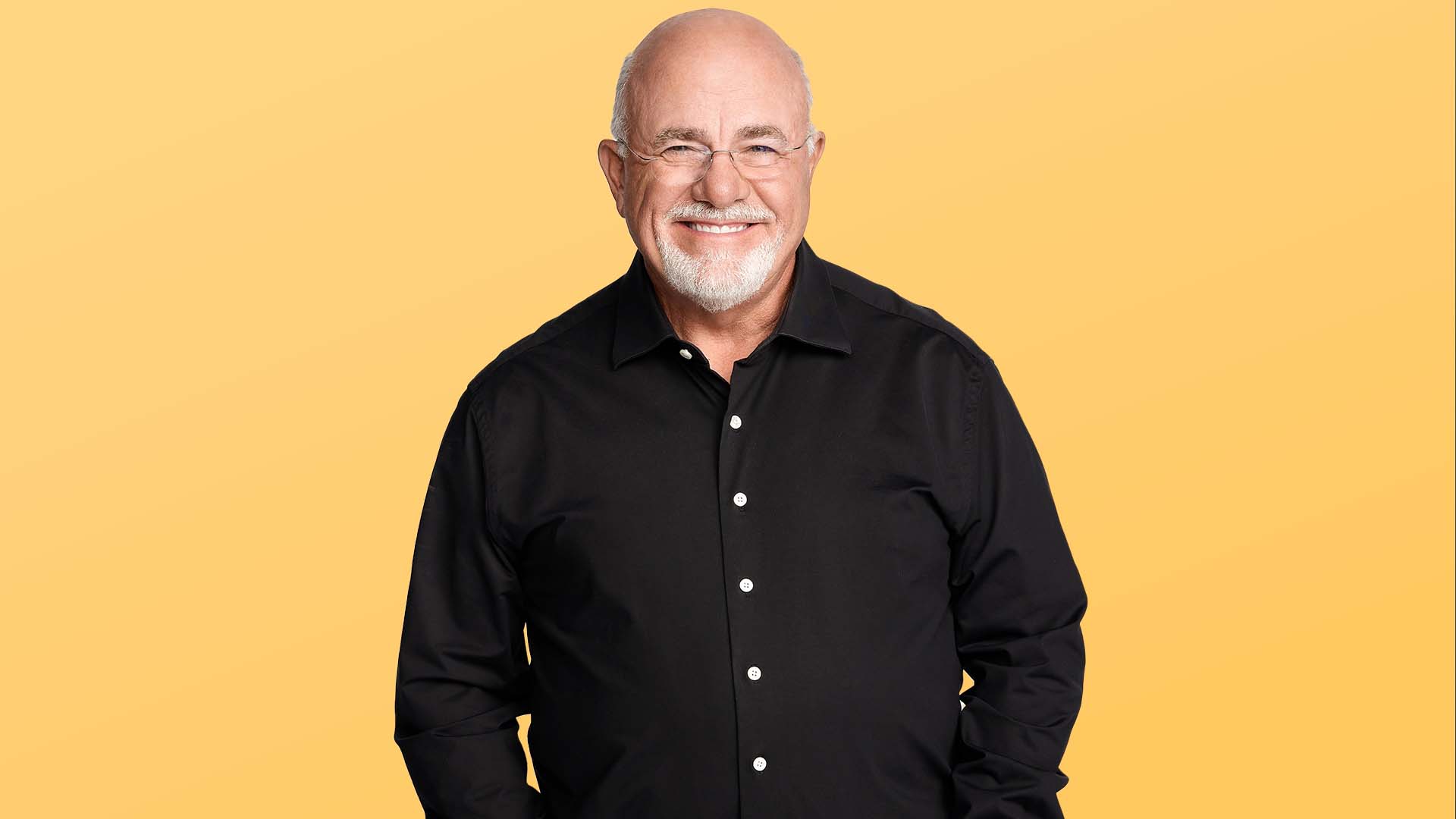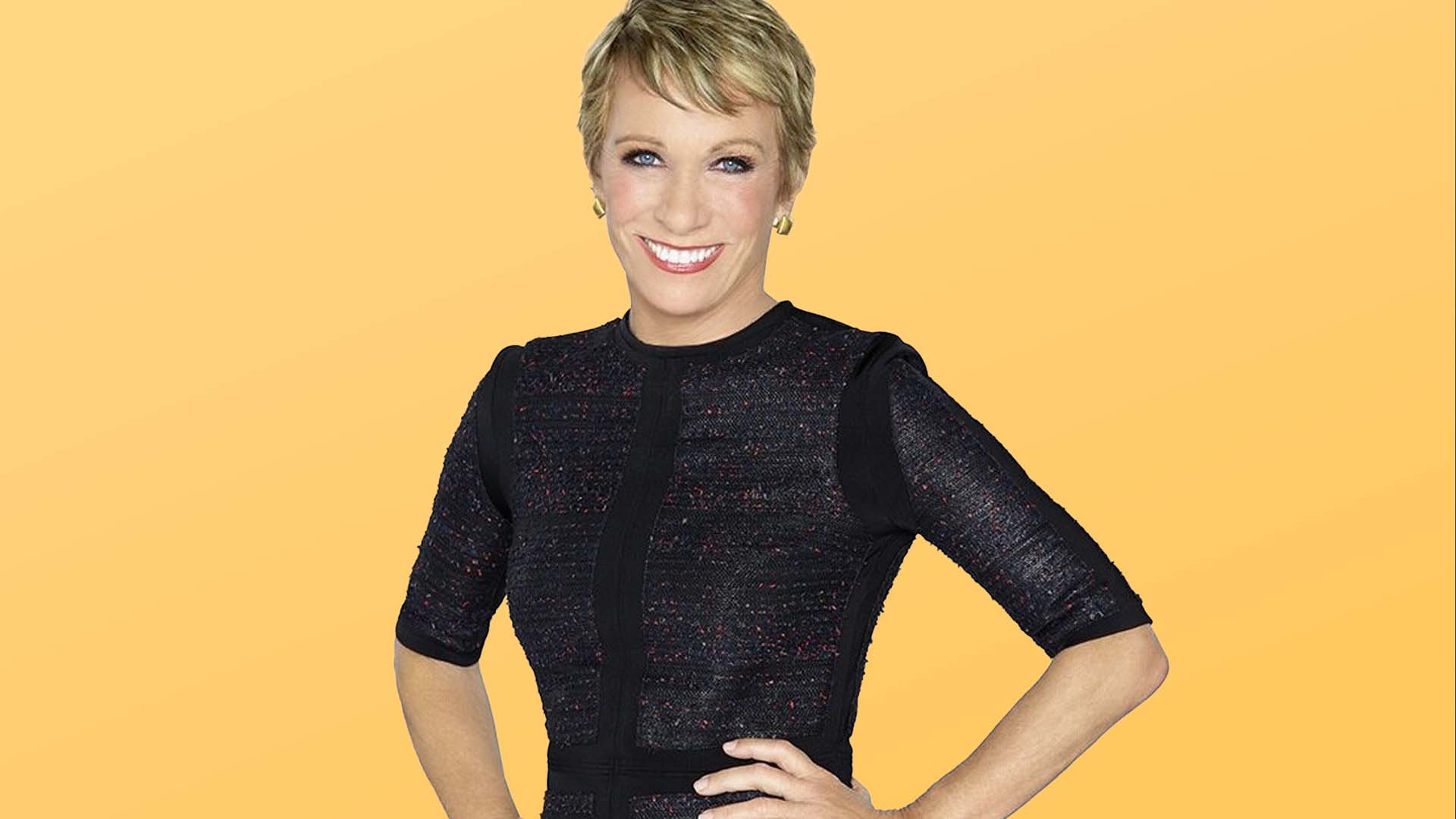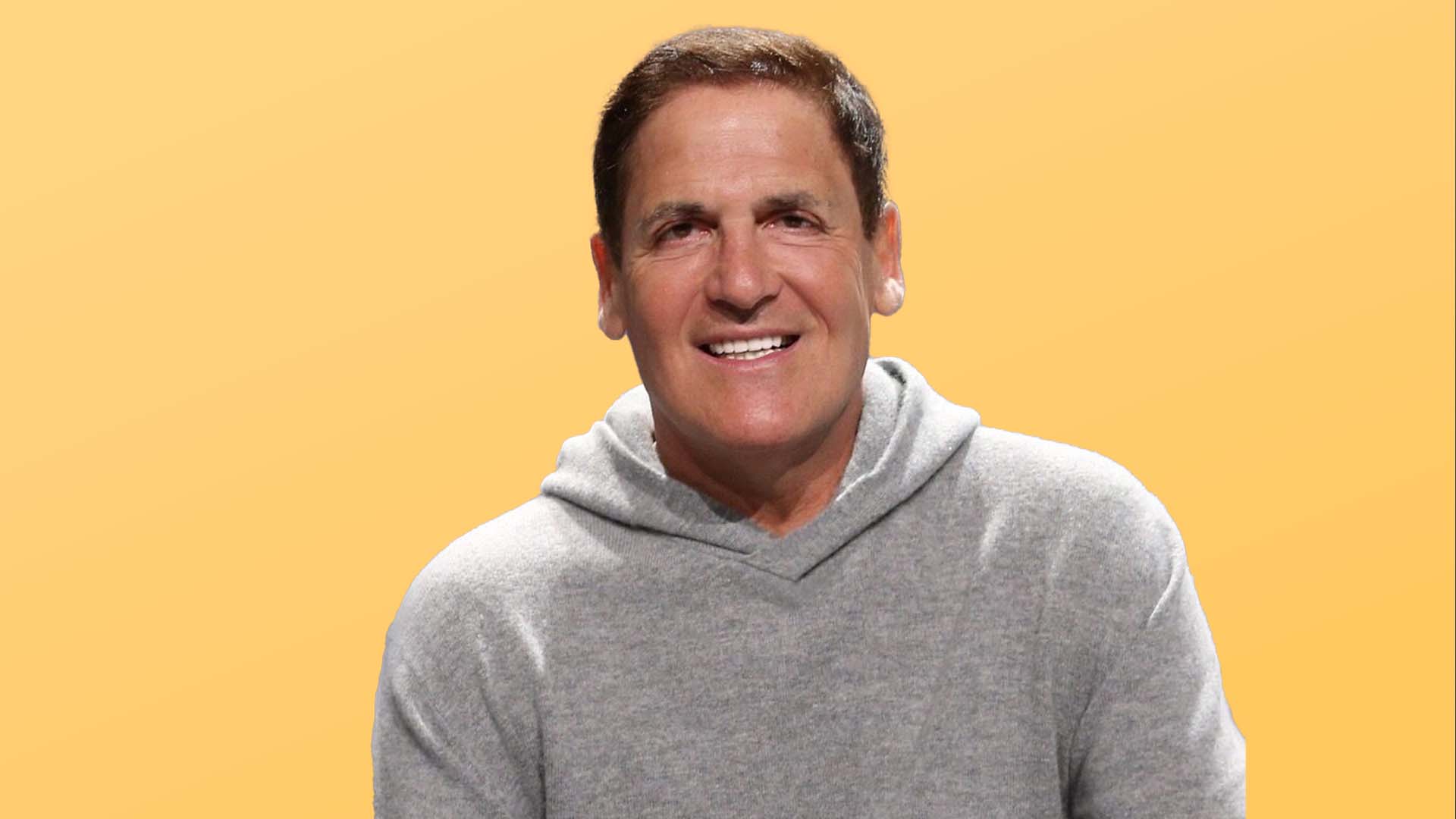Dr. John Delony: Financial Control Is Abuse — Here’s What To Do About It

Commitment to Our Readers
GOBankingRates' editorial team is committed to bringing you unbiased reviews and information. We use data-driven methodologies to evaluate financial products and services - our reviews and ratings are not influenced by advertisers. You can read more about our editorial guidelines and our products and services review methodology.

20 Years
Helping You Live Richer

Reviewed
by Experts

Trusted by
Millions of Readers
Financial abuse doesn’t always look like someone stealing your credit cards or hiding money. Sometimes it’s wrapped in care — control disguised as protection. Dr. John Delony, a mental health expert and host of The Dr. John Delony Show, has more than two decades of experience helping people recognize these patterns and break free from them. He shared his insights with GOBankingRates as part of our Top 100 Money Experts series.
“Financial control in a relationship isn’t always loud or obvious,” Delony said. “It can be subtle — like one partner always ‘taking care’ of the bills without sharing access or dismissing the other’s questions about money.”
The signs might seem caring at first. Your partner handles all the finances “to make things easier.” They give you spending money “so you don’t have to worry about it.” But if you feel like you’re constantly in the dark about your own financial situation, that caring facade might be hiding something much more damaging.
The Red Flags That Reveal Financial Control
Delony gets heartbreaking calls on his show from people, often women, dealing with financial manipulation from partners they love. The patterns he’s identified should serve as warning signs for anyone questioning their financial relationship dynamics.
“If your partner insists on being the only one with access to bank accounts or passwords, that’s not protection — it’s control,” he said. “If you’re given an ‘allowance’ like a child, or punished for spending ‘too much,’ that’s not partnership — it’s domination.”
The control often comes wrapped in seemingly logical explanations. “I work, so I decide,” or “I’m just better with money than you,” sound reasonable on the surface, but Delony sees through the manipulation. “That’s not love — that’s power being used to isolate and diminish.”
Perhaps the most telling sign? Fear around money conversations. “If you’re afraid to talk about money — because it always leads to a fight, or because you’ve been made to feel stupid or irresponsible — that’s a big signal that something’s not right,” Delony warned.
His advice is simple but powerful: “Trust your gut. If it feels off, it probably is.”
What Healthy Financial Relationships Actually Look Like
“Healthy relationships are built on trust, honesty, and shared decision-making — including when it comes to money,” Delony said. Both partners should have access to account information, understand the household budget and feel comfortable discussing financial decisions without fear of punishment or ridicule.
In healthy relationships, major purchases are discussed, not dictated. Both partners understand their financial situation — the good and the concerning parts. Nobody needs permission to buy groceries or gas, and financial mistakes are addressed as problems to solve together, not character flaws to punish.
Taking Back Your Financial Independence
Breaking free from financial control requires both courage and strategy. Delony’s approach focuses on practical steps that prioritize safety while building independence.
“Taking back your independence starts with courage and clarity,” he explained. “Get a full picture of your financial situation — what’s coming in, what’s going out, and where it’s going.”
This might mean quietly gathering bank statements, checking credit reports or meeting with a financial coach. The key word here is “quietly.” Delony understands that confronting financial abuse directly can escalate dangerous situations.
Build Your Support Network First
“You need safe, wise people in your corner. Don’t do this alone,” Delony said. This support network might include a trusted friend, counselor, pastor, domestic violence resource center or financial coach.
“Finding a group of trusted community members is even better,” he added. “Separating from an unsafe relationship and working through the emotional and financial realities can be lonely and painful — and you will need other people to walk with you for support, wisdom, encouragement and care.”
Face the Financial Reality
Delony breaks down financial independence into a clear but necessary math problem: “How much money do you need, on a recurring basis, for shelter, food, transportation, utilities, debts and other mandatory expenses?”
Equally important is honestly assessing earning potential. “It’s critically important to be honest about how much money you currently earn or can earn in the future.”
His practical starting points include:
- Pull your free credit reports.
- Talk with your supervisor about earning potential.
- Contact a local realtor about housing options based on your financial reality.
- Start small but start somewhere.
“Knowledge is power and facts are your friends,” Delony said. “Abuse and manipulation thrive in silence.”
Addressing the Fear of Change
Delony acknowledges that fear of the unknown keeps many people trapped in financially abusive relationships. His response is both compassionate and direct.
“Don’t dismiss your pain in the present or your anxiety about the future. Your fears are real and your concerns are legitimate,” he said. “You’ve likely been made to believe you can’t do life without your abusive partner, or that everything will fall apart if you ever have the courage to speak up. This is untrue.”
He’s honest about the challenges ahead: “Gaining financial independence from an abusive or controlling partner does include scary and painful emotional challenges, along with stark financial realities.”
But Delony offers two powerful truths to hold onto during difficult moments: “You are worth being in a safe, loving relationship and you are worth being well.”
The Real Cost of Staying
While the fear of financial hardship after leaving feels overwhelming, Delony points out the hidden costs of staying. “The emotional fallout may be real — and scary — but staying in a controlling relationship comes at a much higher cost to your mental, emotional and physical health.”
He frames the decision in terms of what’s truly valuable: “Your dignity, your future and your peace of mind are worth fighting for. You are worth being well.”
Moving From Silence to Action
Delony’s message is ultimately one of hope and empowerment. Financial control thrives in secrecy and isolation, but it can’t survive transparency and community support.
“As you strive for financial and emotional independence, you are committing to being silent no more,” he said. The path forward involves practical steps — gathering information, building support networks, understanding your financial reality — but it starts with recognizing that you deserve better.
Financial abuse is real, it’s damaging and it’s not your fault. But according to Delony, it’s also not permanent. With the right support, information and determination, financial independence is possible.
This article is part of GOBankingRates’ Top 100 Money Experts series, where we spotlight expert answers to the biggest financial questions Americans are asking. Have a question of your own? Share it on our hub — and you’ll be entered for a chance to win $500.
Laura Beck contributed to the reporting for this article.
 Written by
Written by  Edited by
Edited by  Money Expert
Money Expert 










































































































